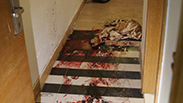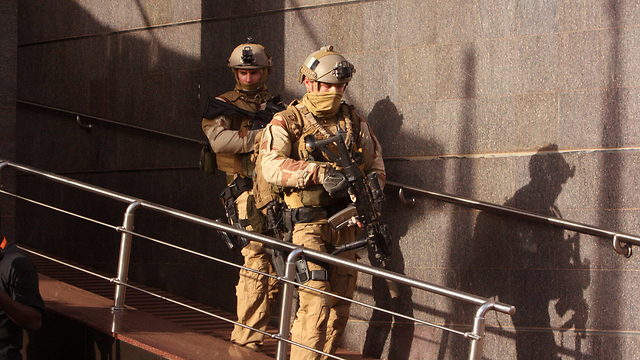That is why the Al Murabitoun jihadist group carried out the deadly hostage attack in Mali, which killed more than 20 Western civilians, including Israeli Samuel Benalal. This competition between the two organizations deserves close attention as it places the civilizations and countries of a Western bent in confrontation with two terrorist groups rich in resources, with tens of thousands of activists who have gained experience in carrying out terrorist attacks against Western symbols and large population centers.
It is also important to note that what this involves is not just the two major 'mother' organizations but also those affiliated with them, for example Wilayat Sinai working under the name ISIS – Sinai Province and Al Mourabitun which has been active in Mali for years now.
The difference between Islamic State and al-Qaeda and its affiliated groups is not one of essence. Both want to establish a caliphate run according to Sharia law, but ISIS wants the Caliphate here and now, while al-Qaeda is ready to wait until the elimination of the Arab-Muslim regimes.
ISIS kills Muslims, Christians and pagans indiscriminately. On the other hand, al-Qaeda excludes Sunni Muslims. Al-Qaeda leader Ayman al-Zawahiri demands of his followers to avoid attacking Sunni Muslims in order not to alienate the population they eventually want to control.
Islamic State's attacks on the West, in which many Muslims were killed, is opposed to al-Qaeda's strategy and tactics. That is why, for example, terrorists in Mali freed anyone who could recite verses from the Koran. ISIS would not have acted such as it operates on the principle that anyone who is not with me is against me, in other words, is a dead man.
Another feature of the current global terrorist attacks of radical Islam is that the initiators, planners and perpetrators are members of an organisation. In the past, these were usually brainwashed Muslim fanatics inspired and trained by ISIS in Syria or by al-Qaeda in Yemen, but acted spontaneously on their own initiative with the weapons they accumulated.
The fact that the attacks are carried out by organizations is good news to some extent. This is because it is easier to identify, track and thwart the activities of institutional organizations than those of spontaneous or semi-spontaneous loners and small groups.
In organized acts of terror there are many collaborators and participants in combat support (manufacturers of explosives in homemade laboratories, renters of cars, and safe houses) that need to coordinate and communicate among themselves. And this is almost ideal for gathering intelligence and even for targeted assassinations, provided there is coordination and cooperation between countries of Western civilization.
Radical Islamic terrorism is global. It strikes where it can and wherever it finds a weakness anywhere in the world. Therefore coordinated action against it must be made jointly across the globe. Did I already mention World War III?



















